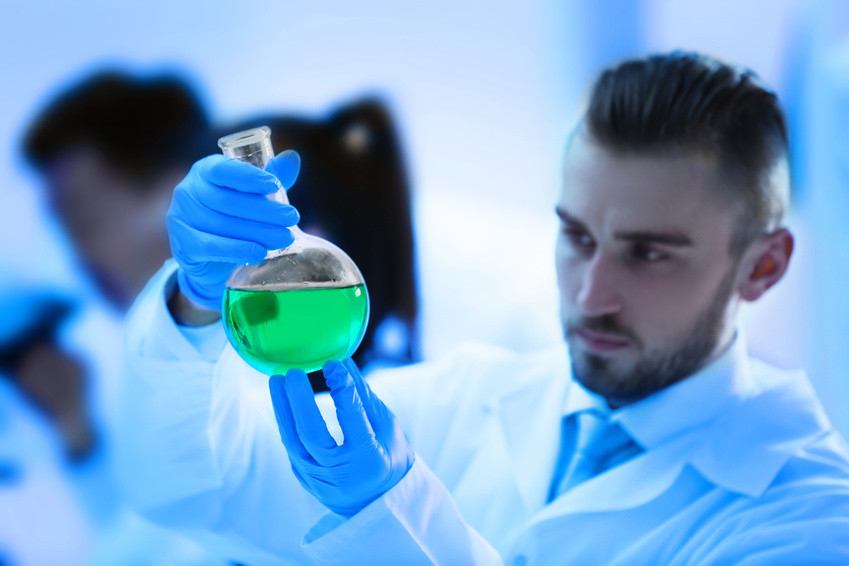When the US 60 Minutes aired its 1991 program on the so-called ‘French paradox’, it kicked off a wine boom. The program suggested that rates of red wine consumption explained why France had lower rates of cardiac disease than the US, despite the French diet being higher in fats. The program also began a tidal wave of wine writing extolling the health benefits of wine. And why not? It seems like such good news.
Moderation the key
That moderate quantities of alcohol, consumed on a regular basis, offers cardiovascular protection is accepted wisdom. As a cautious pamphlet from the Australian Wine Research Institute says: “research suggests that the regular and moderate consumption of alcohol, and in particular wine, may reduce your risk of cardiovascular disease by up to 50%”.
Which sounds like great news – except the picture is more complicated. Several years ago, I interviewed Professor Tim Stockwell, then director of the National Drug Research Institute in Australia, who made the point that the exact nature of the benefits had yet to be properly teased out. Did drinking wine help the under-45s? Was the consumption of red wine itself the sign of a healthy lifestyle? The same people who prefer red wine, apparently, are also more like to exercise and eat properly. In any case, the key to unlocking the benefits of red wine consumption is moderation and, as Professor Stockwell said, too few people actually do drink moderately. Beyond one or two drinks a day, alcohol becomes positively poisonous, and is strongly linked to breast and prostate cancer, among other diseases.
There’s plenty of research that says wine has health benefits. Even so, in a time when the prohibition lobby is again on the march, it’s important the industry doesn’t make claims that can’t stand up to scrutiny.
Time to sober up on resveratrol
In August 2003, Dr David A. Sinclair and Dr Konrad T. Howitz sparked worldwide interested when they announced they’d found a class of chemicals, including resveratrol, which extended the life of yeast and fruit flies. Since then, there have been a number of reports that make resveratrol sound near miraculous: not only has it got anti-cancer, anti-obesity and blood sugar-lowering abilities, but it may even protect against radiation exposure. Unfortunately, the life extending properties have not yet been demonstrated in mammals, while the other purported benefits can only be had – if at all – by drinking such vast quantities of red wine that you would promptly die of alcohol poisoning.
Wine lovers are well within their rights to demand good information on wine and health. What, for example, is the amount that pregnant women can safely drink? The advice from UK and US government bodies is unnecessarily contradictory and confusing. But the wine industry is on shaky grounds when it either claims health benefits that are yet to be proven, or it overstates the case, while failing to recognise the very real harm that alcohol does. How many people know, for example, that while French cardiovascular rates are lower, their death rate from liver cirrhosis is one and a half times that of the US?
If the wine community wants to talk about wine and health, one legitimate way would be to stump up the cash for medical research – something it has, so far, been slow to do, despite its willingness to talk so freely about the results of such research. Another would be to undertake a concerted campaign to help the public understand what moderate drinking is.
Or maybe we could just defend the right to drink wine on the basis that it’s very enjoyable, and if adults choose to open a bottle, that’s their business, as long as they stay within the law when it comes to drinking and driving and so on. If wine has health benefits as well, then that’s a bonus.
Felicity Carter
This article first appeared in Meininger’s Wine Business International in 2008. It proved prescient: https://thedoctorweighsin.com/rip-death-two-myths-part-1-resveratrol/




